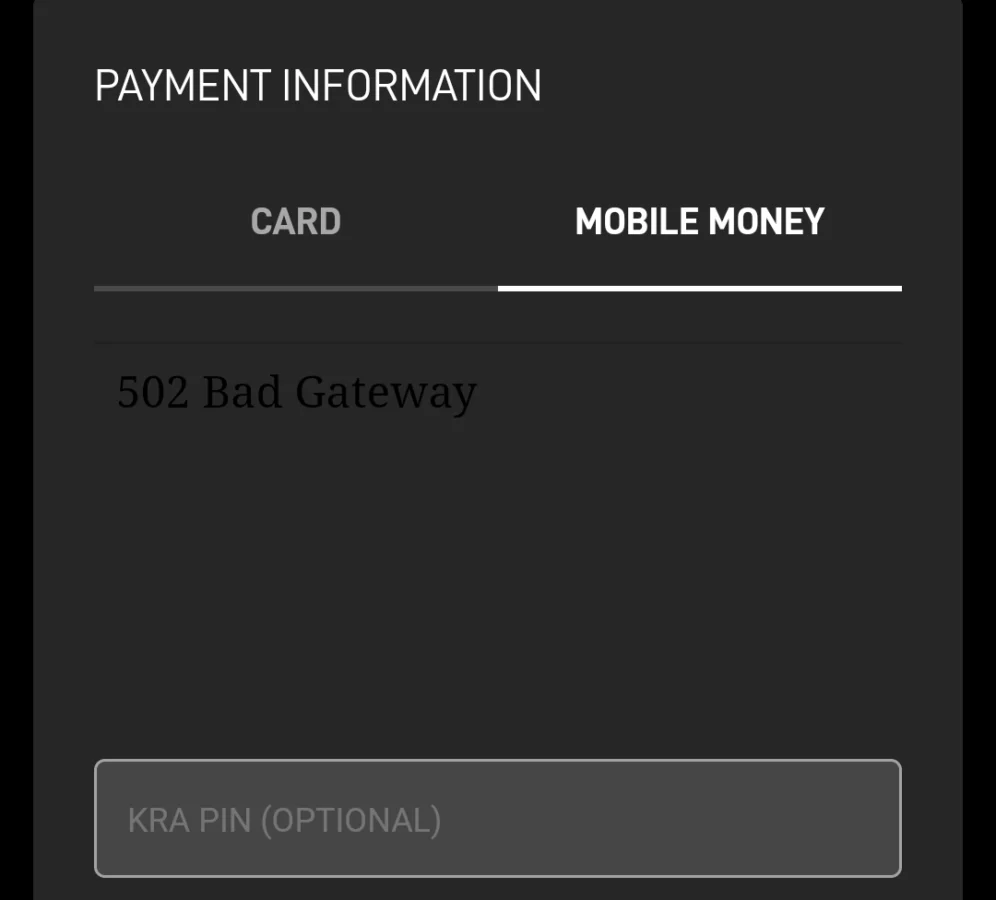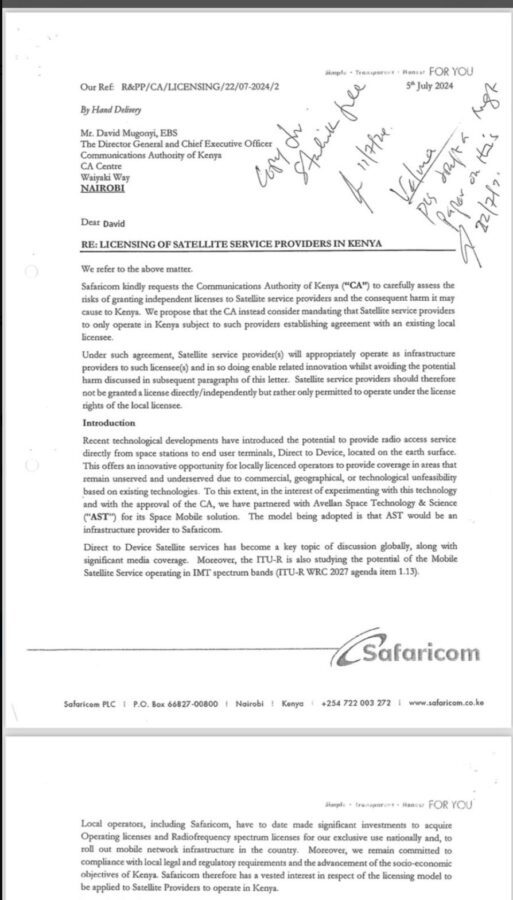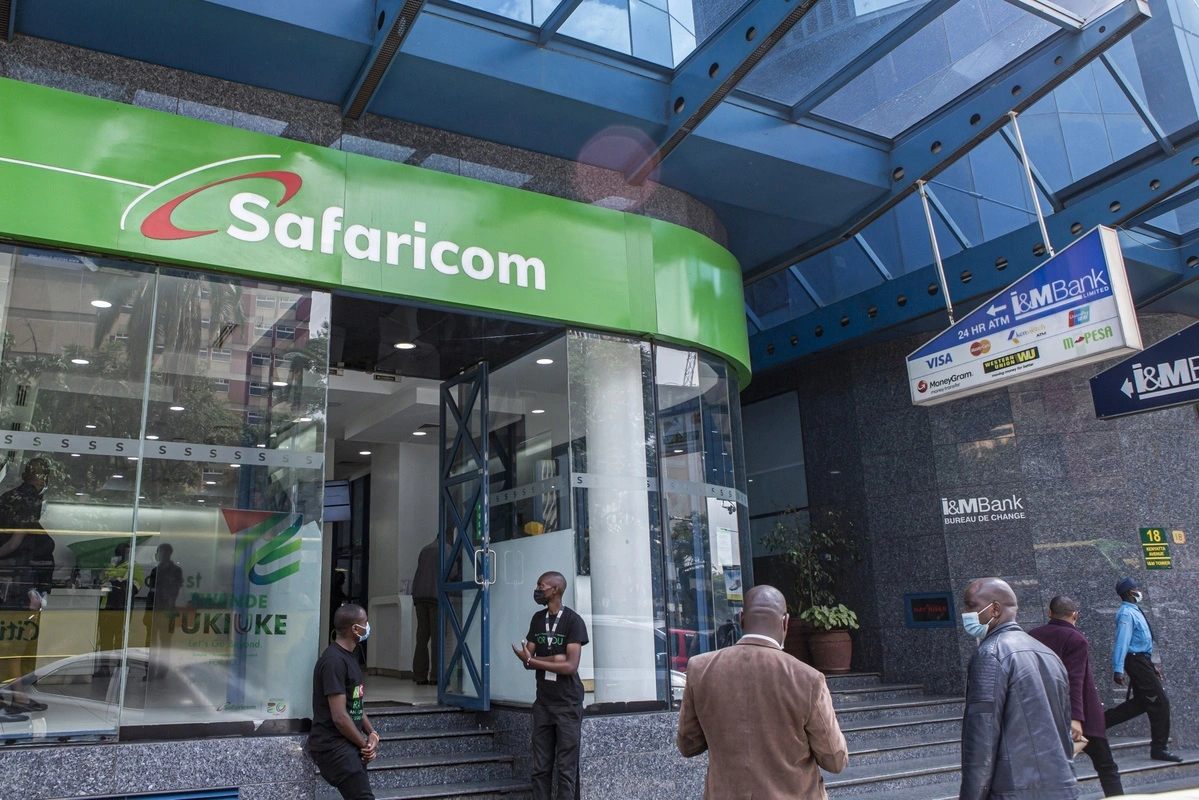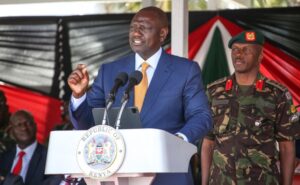Safaricom, the self-proclaimed giant in Kenya’s telecommunication industry is limping, struggling, and clutching on straws to survive the tide of movement to Starlink. From applying regulatory pressure to censoring Mpesa payments for Starlink’s services, it moves like the desperate kicks of a fading horse.
Over the decades, Safaricom has been the preferred telecom network for majority of Kenyans. Due to its strong network coverage and reliable money transfer services, Safaricom has monopolized the market relegating its competitors like Airtel to second fiddle. However, things changed with the political wakening in the recent months.
Politically motivated abductions have been blamed on Safaricom giving out the location of its users to authorities. Moreover, during the alleged Githurai massacre, the internet was down in large parts of Nairobi City, which has since been alleged as a cover-up of impunity.
These prevailing issues and the increasing cost of services in money transfers and data bundles incensed the public and badly damaged the blue chip’s public image.

Consequently, calls for mass movement to Starlink have increased. Internet subscribers are ditching Safaricom home faiba in droves and opting for Starlink. Businesses have also taken advantage of the boom, and are giving trade offers to buyers by offering discounts.
In a bid to stem the flow and loss of customers, Safaricom has implemented a number of strategies that have since left the public reeling in laughter at their desperate attempts to hold onto the slipping seat of monopoly.
In a letter that has since been made public, Safaricom has urged the Kenyan government to impose stricter regulations on satellite internet providers like Starlink. The company has argued that such providers should not be allowed to operate independently without partnerships with local companies.

Safaricom has raised concerns about the challenges in regulating companies that do not have a physical presence in Kenya, which could impact accountability and compliance with local laws. Additionally, Safaricom has disabled the MPesa payment gateway on Starlink. The Consumer Confederation of Kenya has since asked them to rescind saying, “Punishing Starlink ends up punishing consumers” Will Airtel take advantage of the wide gap?
However, the plot is getting murkier. Safaricom has announced plans to roll out its satellite internet service in collaboration with AST SpaceMobile, a U.S.-based satellite technology company. This service is designed to directly connect to 4G and 5G devices, potentially offering a more seamless experience for users already within Safaricom’s network.
However, the competition is skewered in this new frontier as Starlink has partnered with Tmobile. During the announcement of the partnership, Elon Musk the CEO of Starlink said, “Starlink Satellites will be able to broadcast direct to your mobiles. There will be no dead zone anywhere in the world for your cell phone.” Initially, Starlink required users to purchase and install specific hardware to access this service.
T-Mobile released a video talking about the groundbreaking partnership with @SpaceX to launch the first set of Starlink satellites with Direct to Cell capabilities. pic.twitter.com/ULL4dDA0Sf
— Sawyer Merritt (@SawyerMerritt) January 17, 2024
Despite the high initial price in installation Starlink seems to be covering rapid ground in Africa. The service is currently available in Kenya, Rwanda, South Sudan, Malawi, Zambia, Mozambique, Botswana, Madagascar, Nigeria, Ghana, Benin and Sierra Leone, and is approved in 105 countries worldwide.
The telecom market is gearing up for a major shift in Kenya as freedom of speech and information the world over is threatened by censorship. Time will only tell whether Safaricom is ripe for the race or if its heydays are behind us.
Read also: Bye Bye Safaricom! Kenyans React to New Starlink Offer
















